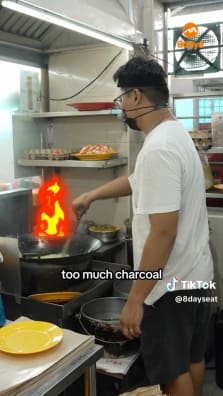Belinda Lee Was Diagnosed With Panic Disorder 10 Years Ago, But Never Told Anyone 'Cos She Was Afraid She Would Lose Her Job
The actress-host, who’s all better now, opened up about her diagnosis for the first time in an episode of Jean Danker’s podcast, R U Okay?. 8days.sg spoke to Belinda to find out more.
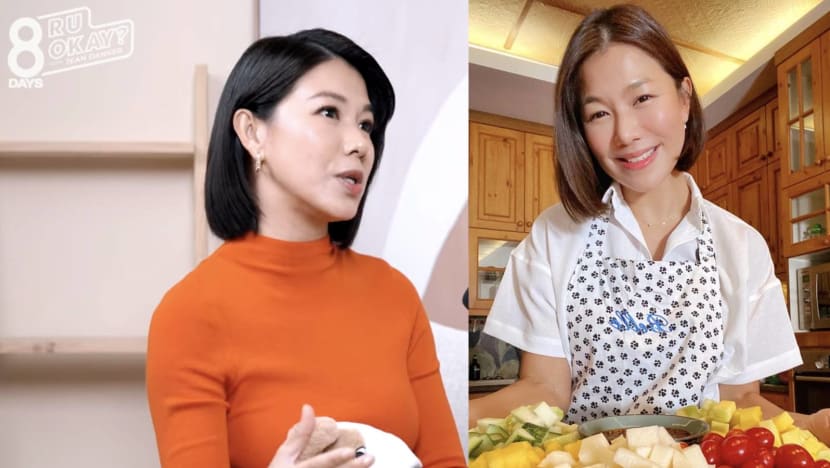
On the newest episode of Jean Danker’s podcast, R U Okay?, actress-host Belinda Lee, 45, sat down with Jean to delve into the topic of self-care and life lessons.
Belinda first shared about her childhood, revealing that she grew up as someone with “no self-esteem”, resulting in her seeking love and validation from romantic relationships when she grew older.
Describing it as a vicious cycle, Belinda went on to share a heartwarming conversation she had with her late mum, who passed away from breast cancer in 2016, that changed everything for her.
Watch the video below for the full conversation. Our story continues after that.
In the later half of the video, Belinda shared something she’d “never shared on national television” before.
Speaking in her signature clear and crisp tone, Belinda revealed that she developed a panic disorder about “10 to 11 years back”. Describing her struggle, Belinda recalled feeling like "like someone was punching me in my gut, constantly”.
“I couldn't do live shows any more 'cos of that,” Belinda said, adding: “My world shattered.”
8days.sg reached out to Belinda for a quick phone interview to find out more.
Belinda revealed that her panic attacks developed from the "many years and decades of hosting live shows and constantly being put under a pressure cooker in the media industry. To [have to] deliver, to perform, to be excellent in what I do”.
"I think [it was] everything put together, plus the criticisms and everything that came [with being in the public eye], that resulted in the panic attacks,” she said.
Belinda shared that her schedule was packed to the brim then, as she was constantly travelling overseas for work.
“[There was once] when I came back to Singapore, I realised that I couldn't drive properly. I was driving, and on the highway, I would experience a blackout. I would feel as if there was something that punched me in my gut, and there would be an overwhelming sensation of shock and fear, and right before my eyes, it was just black. i couldn't see what was in front of me anymore,” she recalled.
“It got worse and worse to a point where it was happening to me almost every two to three minutes, for months. And I knew something was not right, 'cos I've never had these kind of experiences before, so I decided — I was encouraged, rather, to go see a psychiatrist,” she said.
Likening herself to a rubber band that had been stretched to its limits, Belinda said that she was subsequently diagnosed with panic disorder.
However, she was unable to reach out to others, particularly those who worked with her, for help.
"I was afraid to tell [them] 'cos first of all, I had no clue what was going on, why I was feeling the way I was feeling, and why I was experiencing things that were completely new to me. I felt that nobody would understand those emotions or those attacks that I was experiencing. 'Cos I never heard anyone talking about it, some 10-odd years ago,” she said.
Continuing on, she added: "One of the biggest reasons why I never told anybody, nor [Mediacorp] many years ago, was 'cos I was afraid that I would lose my job. Being a professional host is my rice bowl. I was very afraid that I would be asked to leave, [after] telling the truth [and revealing] that I was experiencing panic attacks 'cos I wouldn't able to perform like how I used to.”
For Belinda, there were only two options for her when it came to treatment. The first option that was presented to her was to rely on medication to calm her nerves.
However, after speaking with people who’d tried the same course of treatment, she realised that there was a common side-effect that they experienced.
"They basically felt so sedated that they could not feel any emotions, and in my line of work, we are emotional creatures, and we are creative beings who use our emotions to work, there was no way that I would allow myself to take these medications to numb my nerves and calm me down, and not be able to perform on-set. Especially when I was working on dramas and stuff like that. It was a very difficult time 'cos how do you strike that balance?” she questioned.
Therefore, she decided not to take any medication. Instead, Belinda chose to grit her teeth to try and overcome her condition through willpower, as well as her own faith as a Christian.
"It was the toughest journey ever 'cos I chose to recover without relying on medication. And the psychiatrist actually respected my decision," she said, adding that her psychiatrist also went through the pros and cons of her decision with her.
“I would try and find natural remedies — anything that doesn't give me that sedative effect. I tried these things to try and help me manage my anxiety. Of course, it didn't help me a hundred per cent, but at least it helped to calm me down whenever I needed to work, or whenever I needed to drive, to a certain level,” she said.
Belinda recalled how no one could tell that she was struggling with panic attacks even as she hosted large-scale live programmes that daunted her, like the National Day Parade, as well as an event in China that was broadcasted to the whole country.
"I don't know how I pulled through, to be frank with you. I don't know how I did it, but based on the feedback from people who watched me, they couldn't tell. Nobody could tell that I was experiencing all these crazy emotions. I was the only one who knew when I was having those attacks, even when I was hosting those live shows,” she said.
At the end of the day, Belinda wants those who are suffering similar attacks to know that they are not alone.
"As I started to talk to more and more people, I realised that a lot of people around me are experiencing some kind of anxiety. It may not be exactly what I went through, but there are similarities. And my psychiatrist actually told me, ‘Belinda, panic attacks are getting more and more common in our society, and I want you to know that you're not alone in this’,” she said.
"If you have these anxiety attacks, it's very important to seek professional help. That's what I'm trying to say. I'm not trying to disregard that it's not important to feel the way you feel. It's important, but it's also important to acknowledge it and try your best to seek help, instead of trying to manage it all alone, thinking that you're the only person with this problem,” she concluded.
Catch Season 1 of R U Okay? on meWATCH here. Belinda's episode is embedded below.





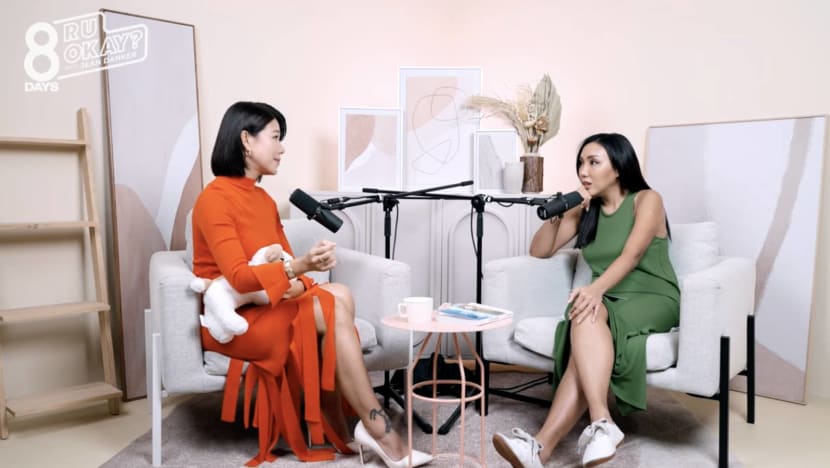
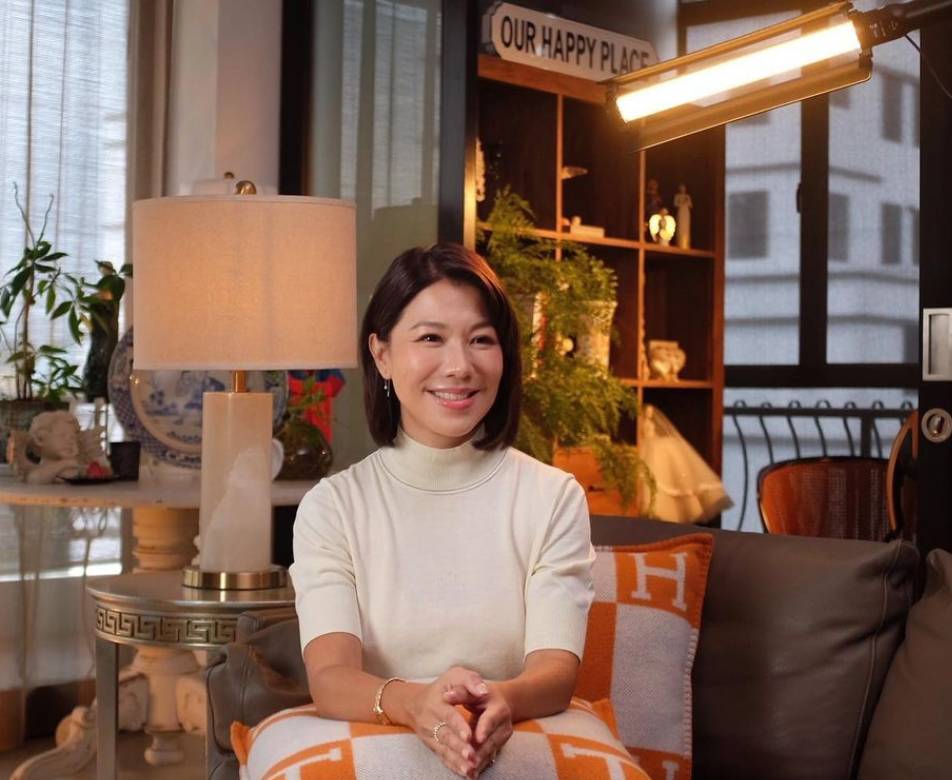
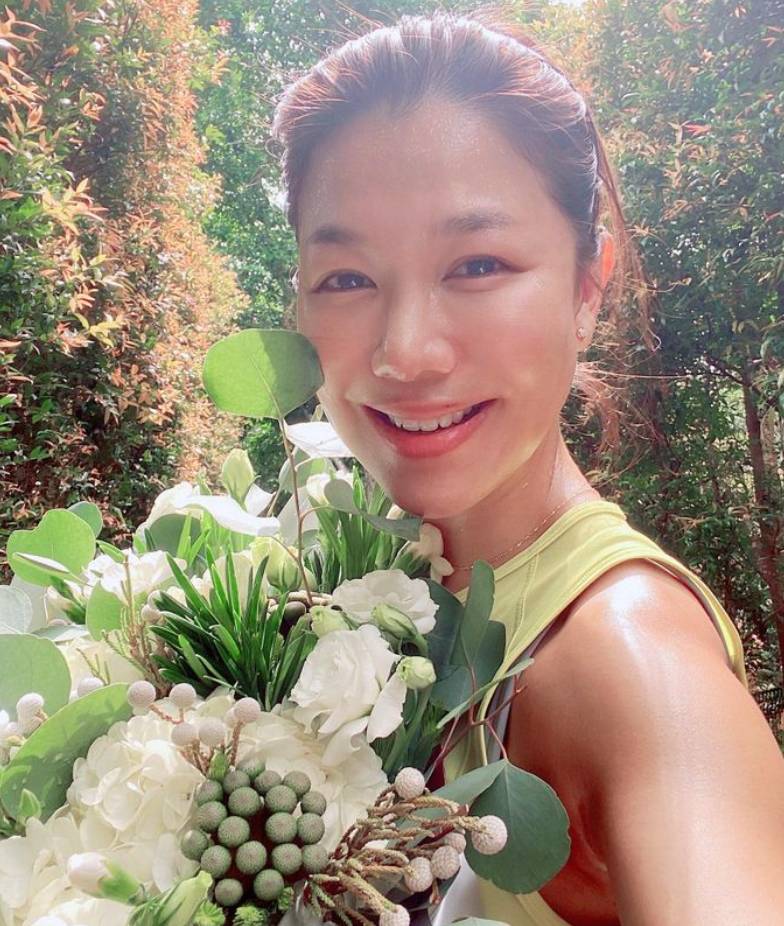
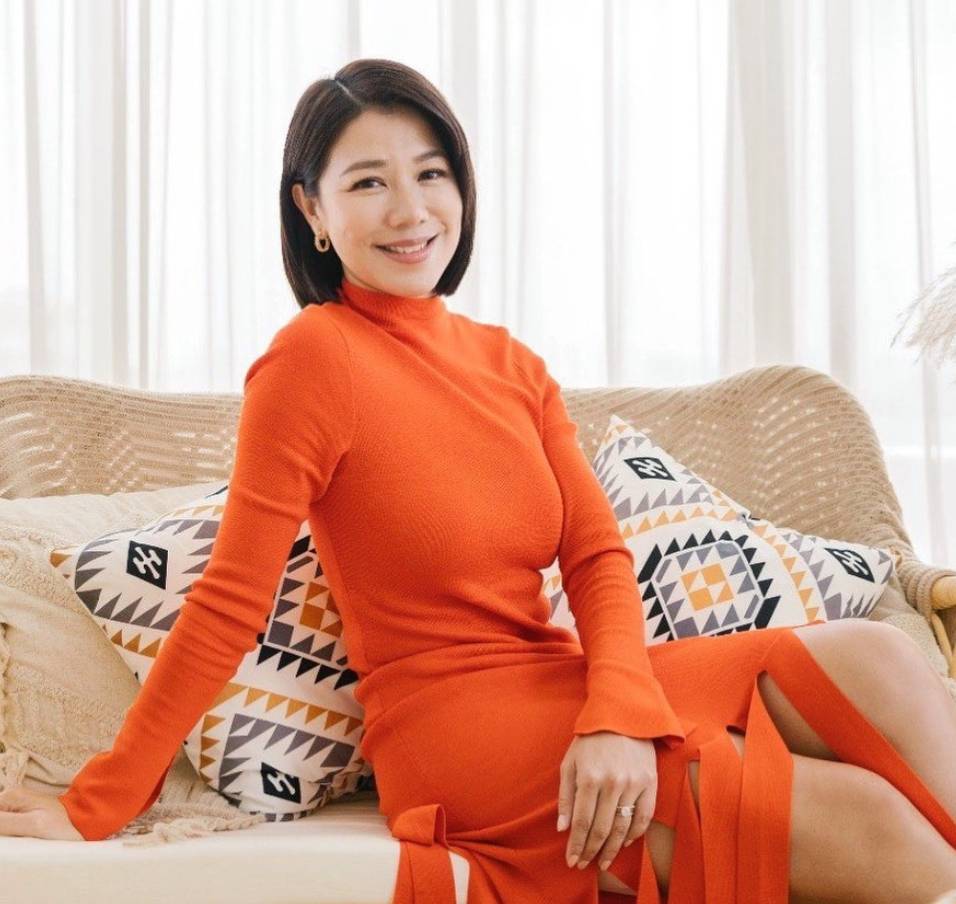

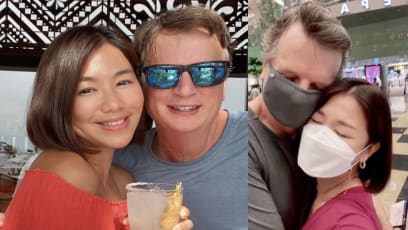
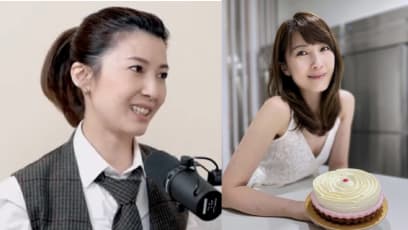
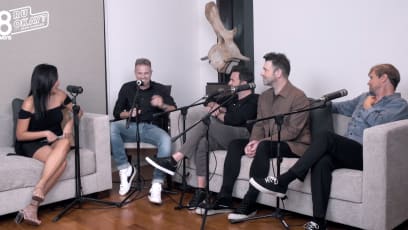





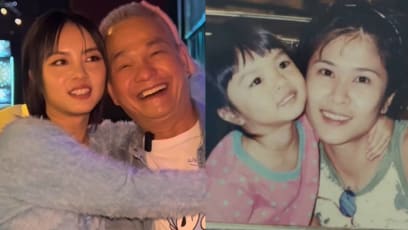
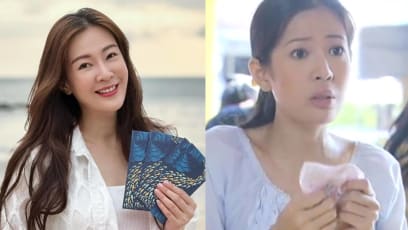


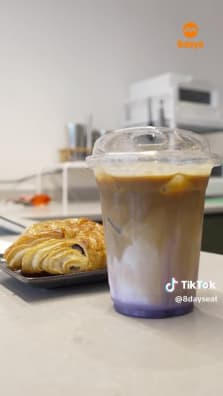
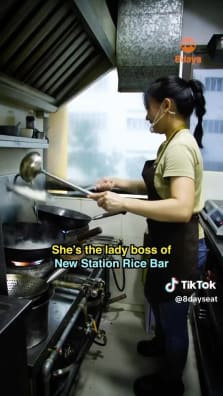
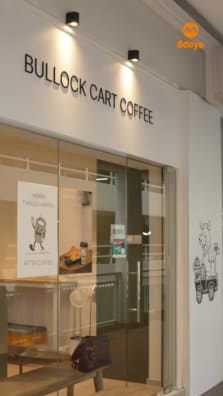
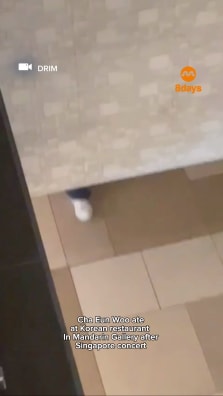
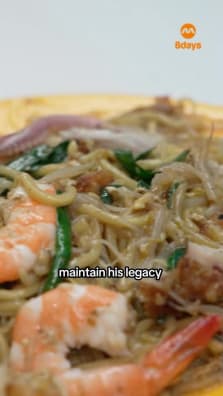

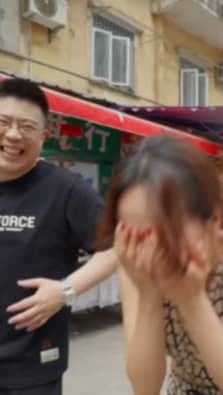
![Boss of Rui Ji chicken rice used to own a tattoo parlour! Talk about a career change! Link in bio to read more
📍Rui Ji Chicken Rice
Blk 93 Toa Payoh Lor 4,
#01-48, S310093
📍148 Beach Road,
#B1-01 The Gateway,
S189720
📍Blk 305 Ubi Ave 1,
#01-179, S440305
[till 16 Apr 2024]
https://tinyurl.com/5dudypkh](https://onecms-res.cloudinary.com/image/upload/s--9s0hbGvI--/c_fit,h_396,w_223/f_auto,q_auto/v1/8days-migration/18015522113203478.jpg?itok=EX3xKSNq)
